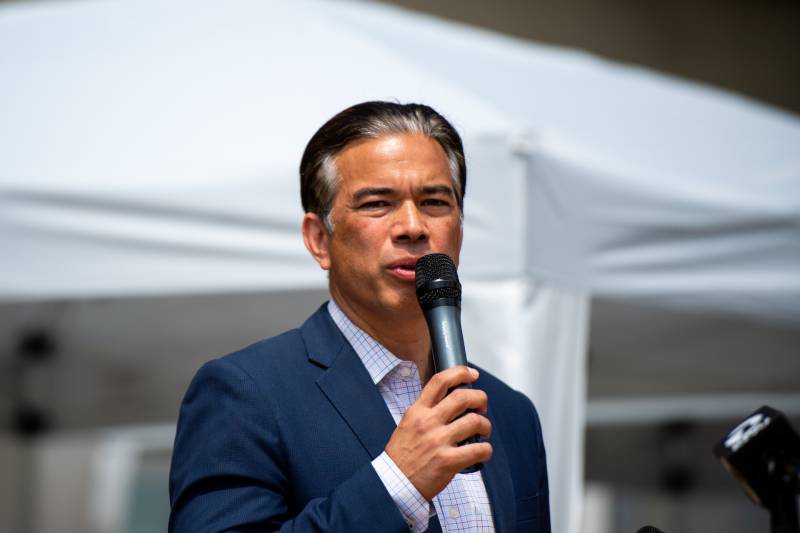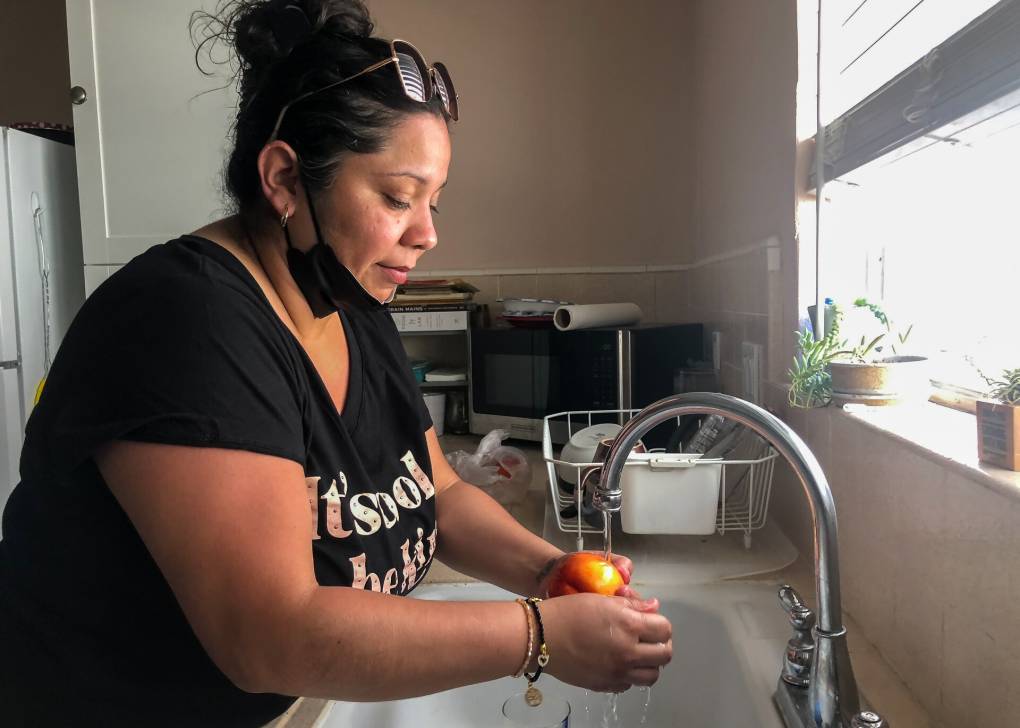California Attorney General Rob Bonta announced on Friday a review of criminal cases statewide to search for possible wrongful convictions, pledging to look for new evidence and scrutinize prosecutors’ conduct that could prompt a new round of exonerations for people in prison.
A New California Unit Will Review Old Cases in Search of Wrongful Convictions

Bonta said the Post-Conviction Justice Unit within the California Department of Justice will have “broad discretion” to investigate wrongful or improper convictions. He said the unit will partner with local district attorneys, many of whom already have their own teams that review wrongful convictions. He said the unit will pay particular attention to cases in counties where local prosecutors do not have what he called a “conviction integrity unit.”
“We can’t be knee-jerk every time at all times, blindly defending convictions when they’re indefensible because of innocence, or because of error, or because of an excessive sentence,” Bonta said.
Prosecutors have historically not gone out of their way to overturn convictions secured by their offices. But technological advances in DNA testing and other forensic evidence have brought forward lots of new evidence on old cases, raising questions about the convictions.
Nationally, exonerations have been increasing steadily since 1989, with a peak of 282 recorded in 2022, according to the National Registry of Exonerations, a project of the Newkirk Center for Science and Society at UC Irvine; the University of Michigan Law School; and Michigan State University College of Law. The project has recorded 3,381 exonerations since 1989, according to its website.
State and local prosecutors across the country have established internal review units to evaluate this evidence, including in Minnesota and New York. In California, prosecutors in Contra Costa and Sacramento counties have similar units.
In San Francisco, the district attorney’s Innocence Commission spent 18 months investigating the conviction of Joaquin Ciria, who was sentenced in 1990 to life in prison for the shooting death of Felix Bastarrica. A judge overturned Ciria’s conviction last year after the district attorney’s office found new witnesses and evidence of “a cascade of errors” in how the case was handled.
Greg Totten, CEO of the California District Attorneys Association, said such cases are “truly rare, but they are very troubling.” The former district attorney in Ventura County started his own internal review unit, resulting in two high-profile exonerations during his time in office.
“When you see those things as a prosecutor and you recognize the grave, the solemn responsibility we have to individuals charged with crimes to ensure they are justly prosecuted and justly sentenced, it really compels a response,” he said.
Totten said the district attorneys association “wholeheartedly” supports Bonta’s review and said it “will largely be embraced” by local prosecutors. He said some jurisdictions in California have only one or two prosecutors, noting they don’t have the resources to conduct these types of reviews on their own.


